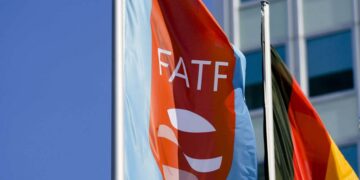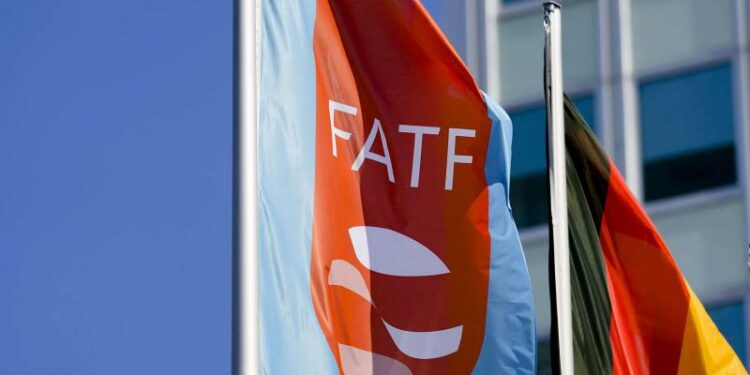By Enyichukwu Enemanna
The Financial Action Task Force (FATF) says it has removed Senegal from its list of countries under increased scrutiny, but placed Lebanon, Algeria, Angola and Ivory Coast on its “grey list” of countries under special watch.
Reuters reported that Ukraine’s bid to have Russia added to another so-called “black list” of countries with high-risk money laundering jurisdictions has failed again, facing resistance from countries including China, India, Saudi Arabia and South Africa.
The grey-listing, described by experts as “a reputational black eye,” can deter investment listed countries and could affect the relationship between local banks and the global financial system.
The FATF, a 40-member organisation based in Paris, is the global money laundering and terrorist financing watchdog.
Elisa de Anda Madrazo, President of the Financial Action Task Force, said on Friday at a press conference that Lebanon had been accorded some flexibility regarding deadlines set in its action plan, but did not provide details.
“Of course we recognise the extreme, grave situation that Lebanon is currently facing,” she said.
“Lebanon’s status on the grey list should not impede relief efforts. … We are working to make sure that channels of humanitarian aid remain open,” she added.
Lebanon’s caretaker Prime Minister Najib Mikati said in a statement later on Friday that the country’s placement on the FATF grey list was an expected move “given the known circumstances that hindered the approval of necessary financial legislations and reforms”.
He said that Lebanon has made progress in implementing many recommended actions from the mutual evaluation report and will continue to cooperate with the FATF.
Mikati also said that Lebanon’s relationships with correspondent banks will not be affected by this classification.
Heritage Times HT reports that FATF took Senegal off the list after the country strengthened its measures to combat money laundering and terrorism financing, including implementing targeted financial sanctions and adopting a new bill against illicit financing.
Since Senegal’s 2021 gray-listing, the West African nation has tightened regulations, with penalties in place for non-compliant financial institutions.


































